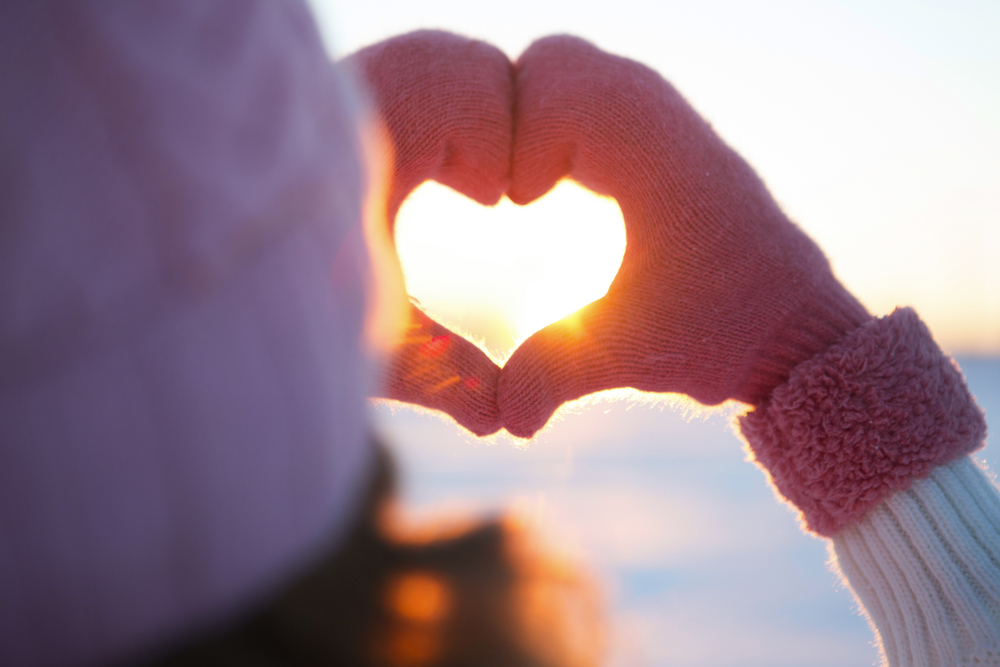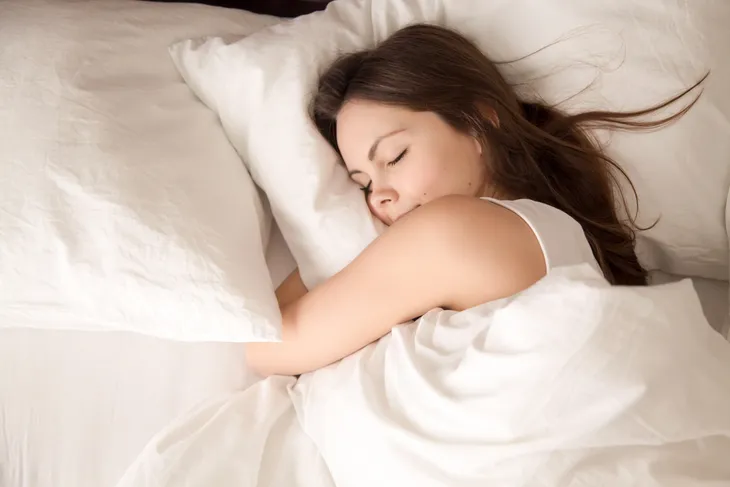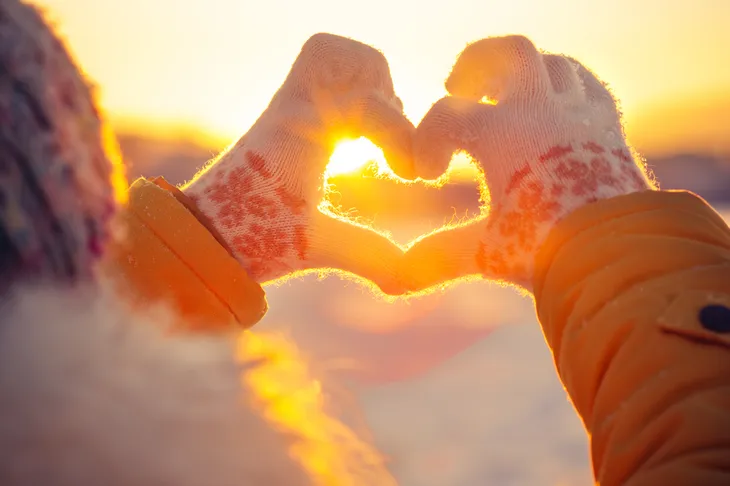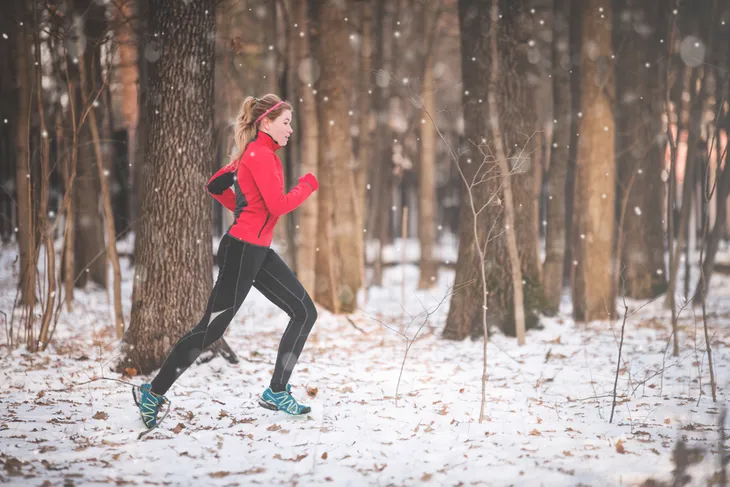For those of you living in states where the thermometer drops enough for snow to stay on the ground, you might be dreading this upcoming cold season because it means longer nights and shoveling snow. However, it’s all a matter of perspective. Sometimes summer can be unbearably hot, but you still manage to make the best of it, right?
Well, you don’t hide in the basement all winter—and here are seven solid reasons that winter might actually benefit you…
No Bug Bites
One of the biggest pains (literally) of summer is always swatting away bees or falling victim to biting flies out on the water. While we tolerate this because it’s so nice outside, we also hate this aspect of the warm season.
Bugs virtually all disappear in winter (except for the odd one taking refuge in your shower). That means you don’t have to worry about applying bug spray, or scratching at bug bites that you’ve sustained while waterskiing. It also greatly reduces the risk of contracting many diseases that come with bug bites.
Easier Sleeping
Summer swelter can make it very difficult to get to sleep, especially if you don’t have a good air conditioning system. That means sweaty pillows and tossing and turning each night because of heat and humidity.
However, as the Huffington Post points out, having your home too cold is also not ideal. You could literally wake yourself from chattering teeth and shivering. Find that perfect sweet spot temperature and then enjoy drifting off into a wintry fantasyland.
More Sun Exposure, Less Sunburn
Okay, this isn’t entirely true—you can still get burnt in the winter, due to an effect called “snow burn” when strong sunlight reflects off snow and onto your face and other exposed skin. However, chances are the rest of you is covered up, so you don’t have to worry about lobster legs during the colder season.
Experts also note that your skin’s melanin (tan) is all but nonexistent in the winter, meaning it has less tolerance to UV radiation from the sun (which is at lower levels than in summer). While you can get a healthy dose of Vitamin D from the sun’s rays in winter, it’s still best to use sunscreen and lip balm so you don’t dry out.
Brains Work Better in Cool Climates
According to the Mother Nature Network (MNN), there was a 1972 study that proved 62-degrees Fahrenheit was the optimal temperature for brain function in the classroom.
The same source said people focus better on studying when there’s adverse weather outside, because you’re less likely to yearn for doing other things. Another side benefit of a cooler house: you save on your energy bill. However, don’t let it get too cold, as this will distract you from your tasks.
Winter Exercise is Good for You
Shape magazine explains that running shouldn’t stop when it gets cold—it may even be a good time to start if you haven’t got around to it this year. The magazine article notes cold weather is ideal for exercise, because there’s less heat stress, possibly allowing you to run further.
This is why many marathons are held in the fall rather than summer, noted the article. Due to the fact you sweat less in colder weather, you may also retain more hydration, but be careful not to be fooled and go too long without water, because while you may not be thirsty, your body still is craving water during a winter run.
Polar Bear Plunges Can Ease Pain
Yes, those crazy people that jump in icy lakes for charity (or for the challenge) each year may look freezing and uncomfortable, but they also might be doing themselves some good.
Lifehacker notes that a dip in the chilly lake can actually improve your circulation, make you more alert, and help you manage the pain associated with arthritis and fibromyalgia. However, you may want to take a warm bath first and get some instructions about how to take the plunge without too much shock to your system.
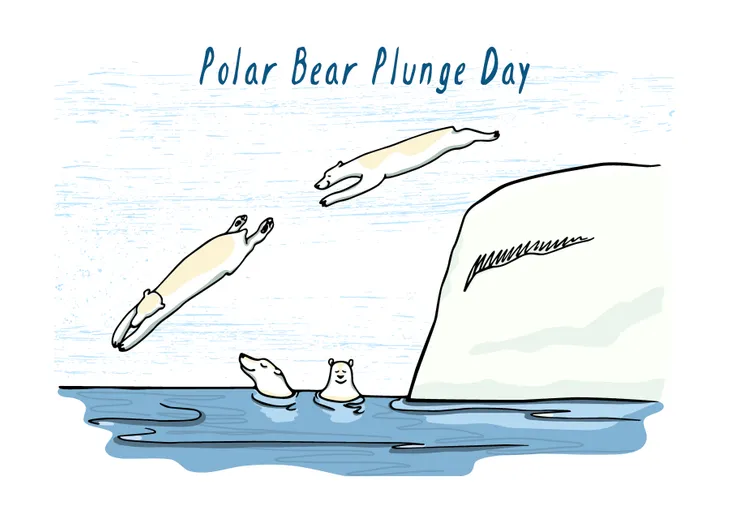
You Can Actually Lose Weight in Winter
Winter is often associated with hearty meals, little exercise, and packing on the pounds to deal with the harsh outdoors. However, Prevention magazine says cold weather can burn calories up to 30-percent faster thanks to “brown fat,” which the article refers to as “a good type of fat that actually helps the body burn energy in the form of heat.”
The more time spent outdoors in the cold, the more brown fat you can acquire, it added. While this type of fat (as opposed to white fat, which is just…fat) can help you feel warmer in the winter, it can also let you shed pounds from your body trying to maintain a healthy temperature.
